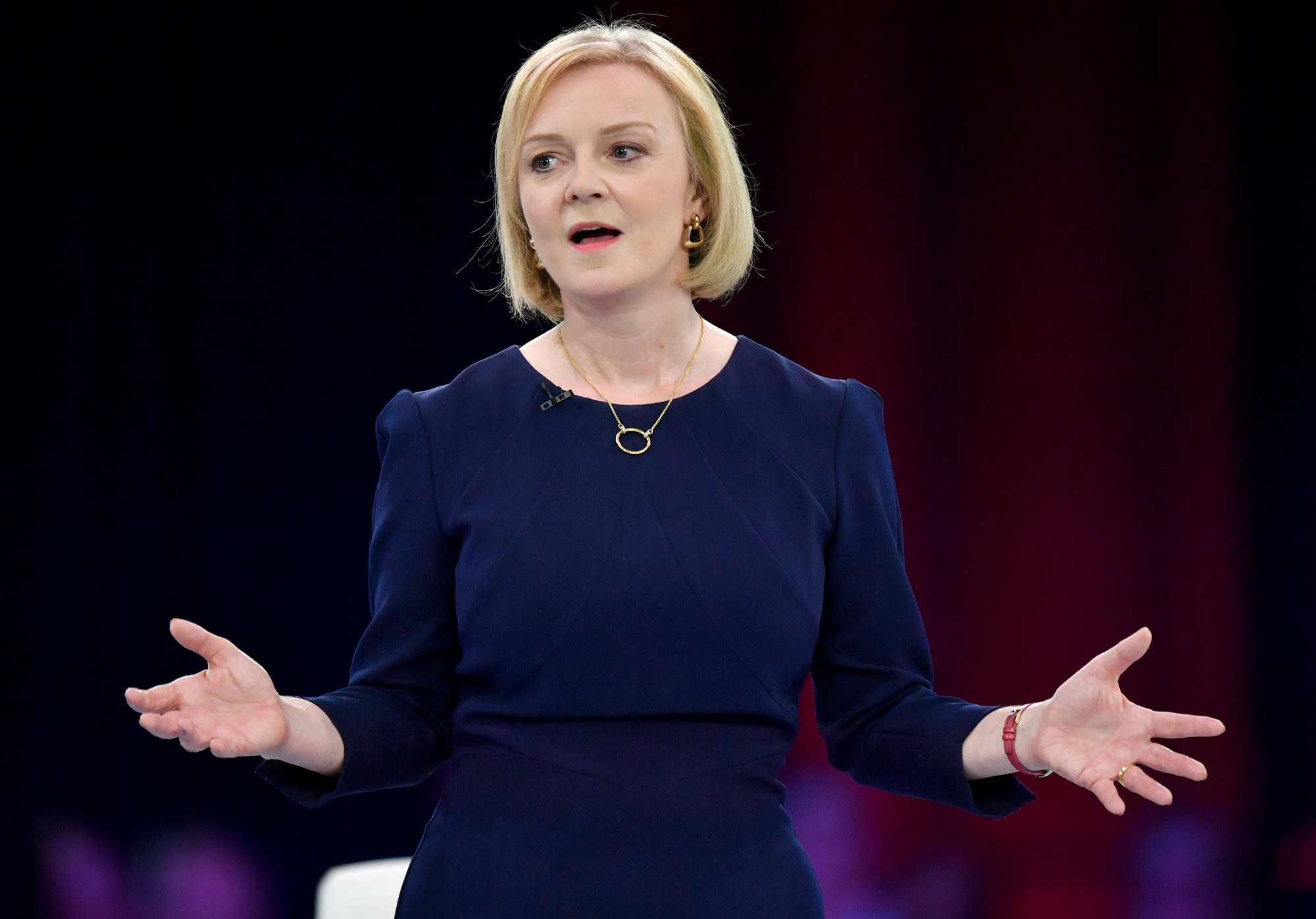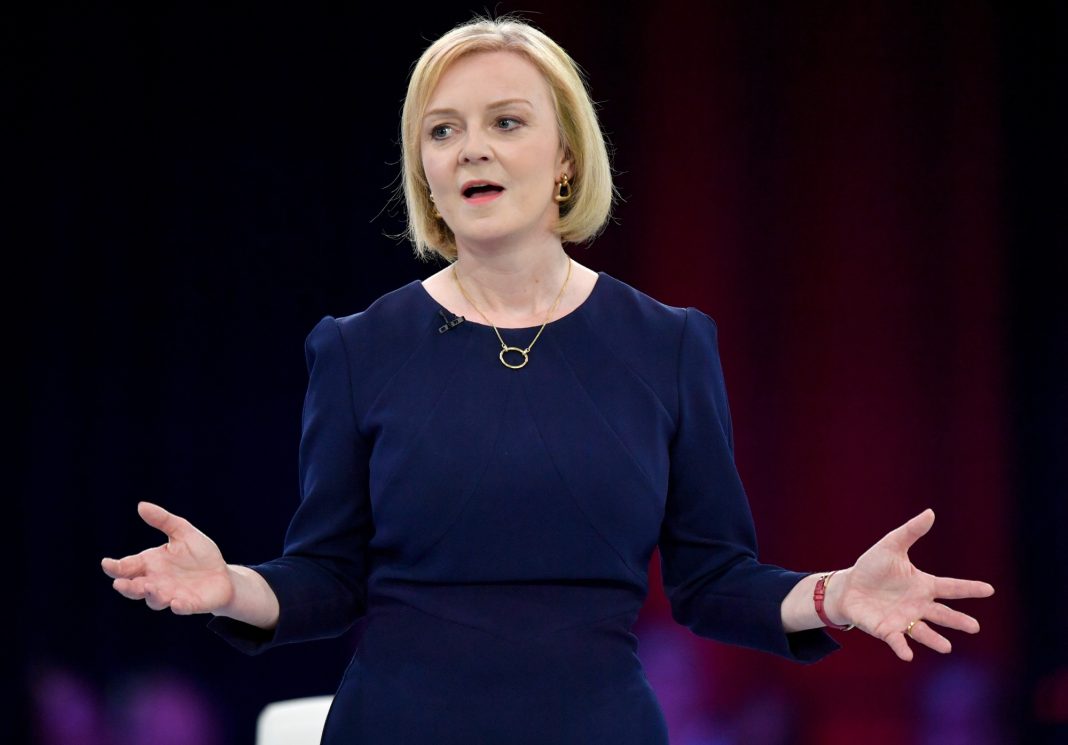 Title: Conservative MPs Call for Review of Bank of England’s Independence Over Handling of Inflation
Title: Conservative MPs Call for Review of Bank of England’s Independence Over Handling of Inflation
Introduction:
A group of 44 Tory MPs has expressed concerns over the Bank of England’s handling of inflation and quantitative tightening (QT), calling for a review of the bank’s independence. These MPs argue that the bank’s approach has cost taxpayers thousands of pounds. In addition, they criticize the bank for making taxpayers liable for any losses incurred during the selling of government bonds, without public or parliamentary debate.
The Bank of England’s Approach to QT and Inflation:
The group of MPs, including prominent figures such as former Tory leader Sir Iain Duncan Smith, argues that the Bank of England’s approach to quantitative tightening (QT) is out of step with other central banks. They claim that this approach has resulted in higher inflation rates compared to comparable countries, leading to significant costs for UK households.
According to a report by pressure group Conservative Way Forward, taxpayers would face an average cost of £4,361 each between 2023 and 2025 due to the bank’s bond-selling strategy. Furthermore, the report suggests that families have already experienced costs amounting to £1,185 over 2022 and 2023 due to higher inflation.
The bank defends its approach by highlighting that the previous quantitative easing program had generated significant revenues for the Treasury. However, the bank acknowledges that the overall profit or loss from the scheme remains uncertain. The bank argues that profit and loss figures do not fully assess the impact of the bond-buying program on reducing borrowing costs and supporting the economy over the past 15 years.
Criticism of Bank Leadership and Accountability:
Several MPs who signed the letter to the Chancellor have previously criticized the Bank of England for high inflation and accused its leaders of working against the economic policies of former Prime Minister Liz Truss. Sir Jacob Rees-Mogg went as far as accusing the bank of “miserable incompetence,” comparing it to the rogue trader Nick Leeson who bankrupted Barings Bank in 1995.
Marcus Fysh, one of the MPs, describes the bank’s quantitative easing policy as a “nightmare” and suggests that it has been less effective in controlling inflation compared to other central banks worldwide. Fysh emphasizes the importance of rigorous accountability and monetary expertise within the bank.
The Need for Review and Accountability:
Conservative Way Forward’s CEO, Ed Barker, argues that institutions must be held accountable for their performance on inflation. He highlights that forcing British taxpayers to bail out the Bank of England is unique among advanced economies, as other major central banks shield their populations from losses associated with QT.
Barker questions why the Bank of England is not following the practices of central banks such as the U.S. Federal Reserve Bank and the European Central Bank. He suggests that adopting the practices of smaller economies like Albania and Azerbaijan is questionable for one of the world’s oldest central banks.
Response from the Bank and Treasury:
A spokesperson for the Bank of England defends its actions, stating that previous payments to HM Treasury amounted to £123.9 billion, with an understanding that future reversals would occur. The bank also highlights that it pays billions of pounds in seigniorage income to the Treasury from banknote issuance, which other central banks retain.
The Treasury emphasizes the separation of fiscal and monetary policy as a key feature of the UK’s economic framework. Interfering with decisions on QT, including the pace and scale of unwind, would undermine this separation. The Treasury also disputes some of the claims made in the Conservative Way Forward report, highlighting that other central banks, such as those in New Zealand and Sweden, are pursuing similar QT programs.
Conclusion:
The demand for a review of the Bank of England’s independence by a group of Conservative MPs reflects concerns over its handling of inflation and quantitative tightening. These MPs argue that the bank’s approach has resulted in higher costs for taxpayers and the public without sufficient accountability. While the bank and Treasury defend their actions, the debate surrounding the bank’s independence and its impact on the UK economy continues.


